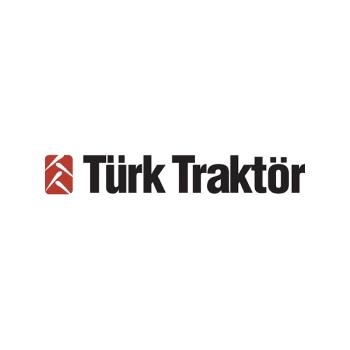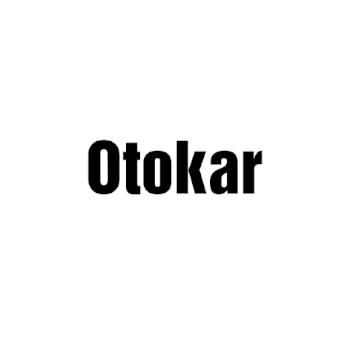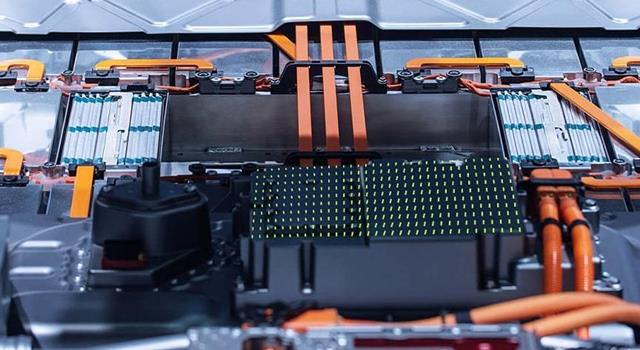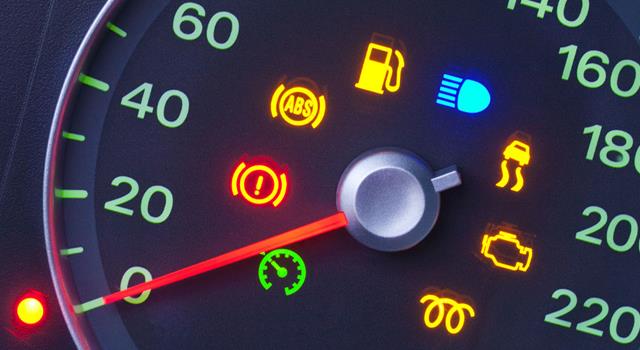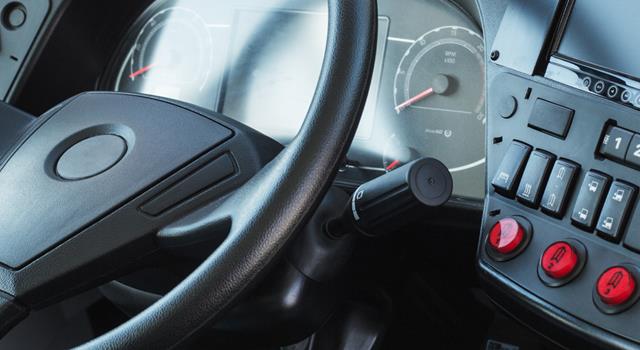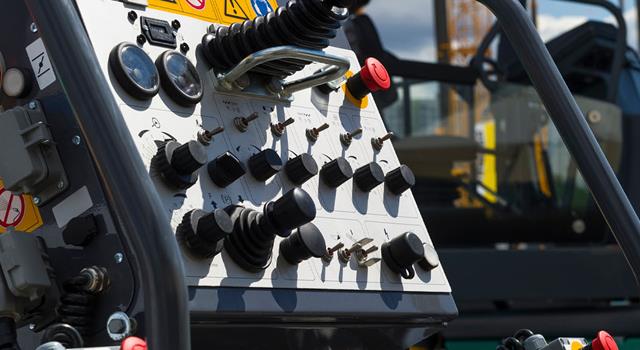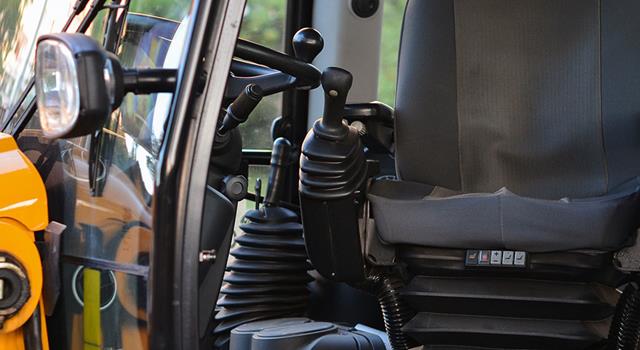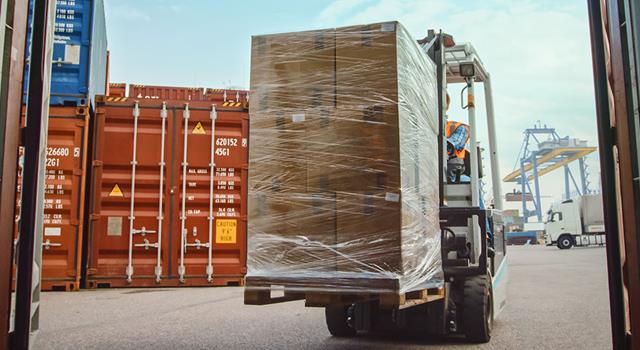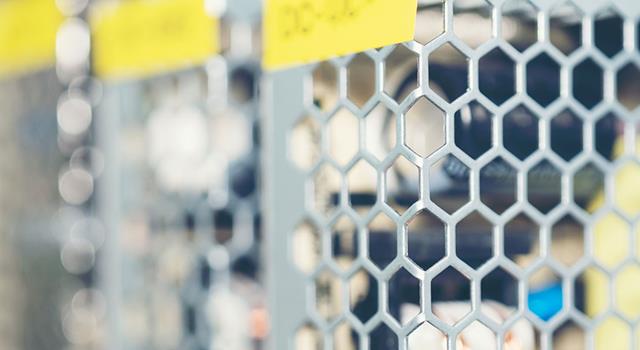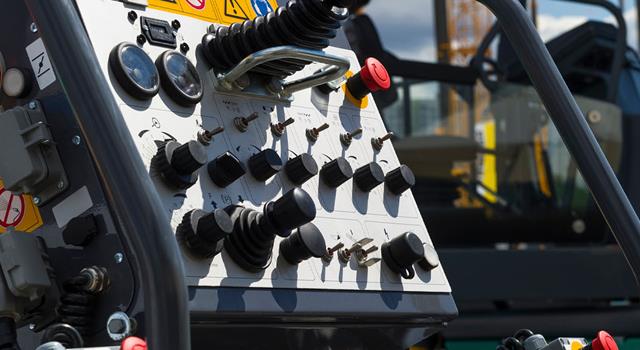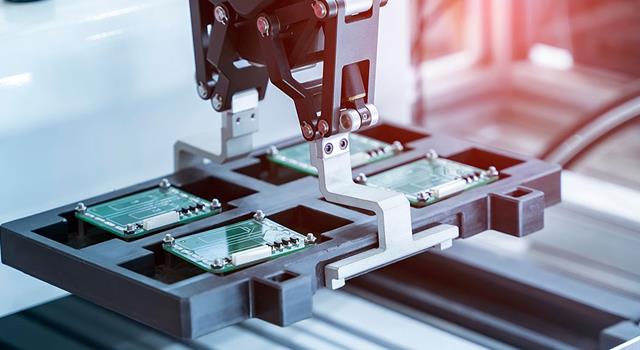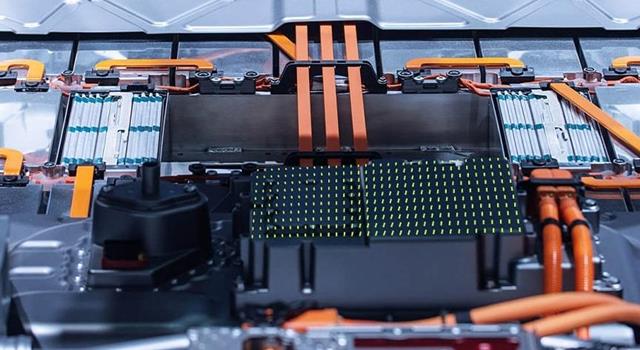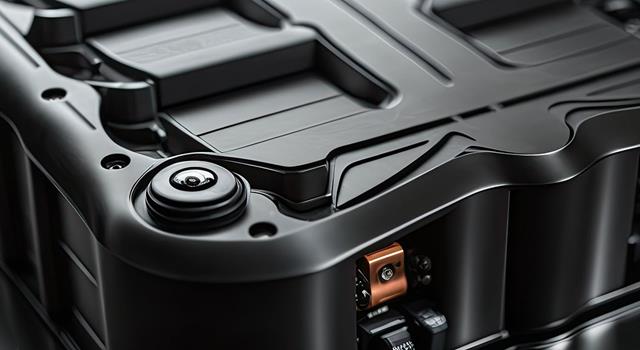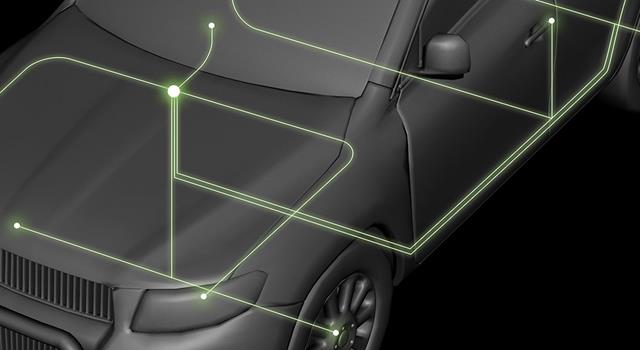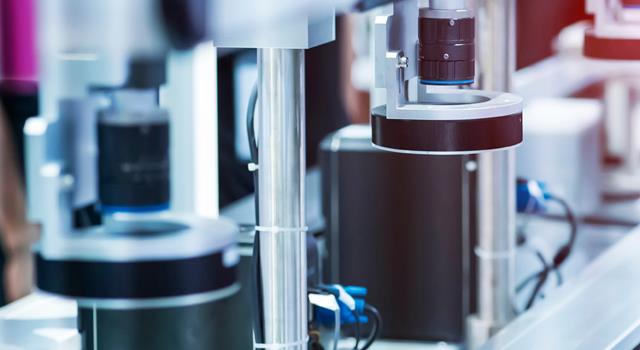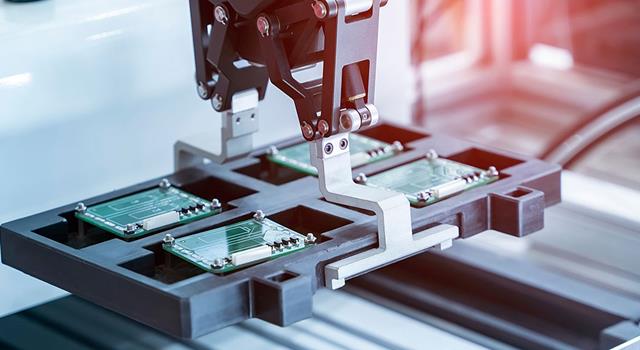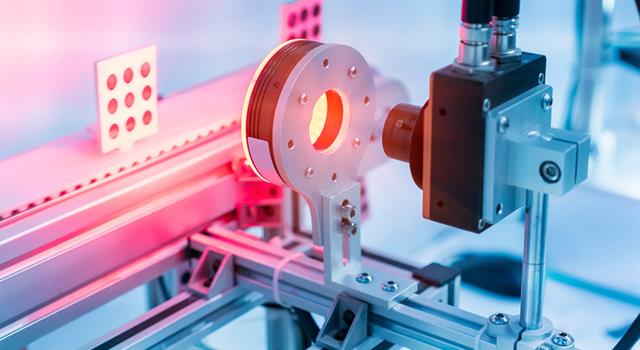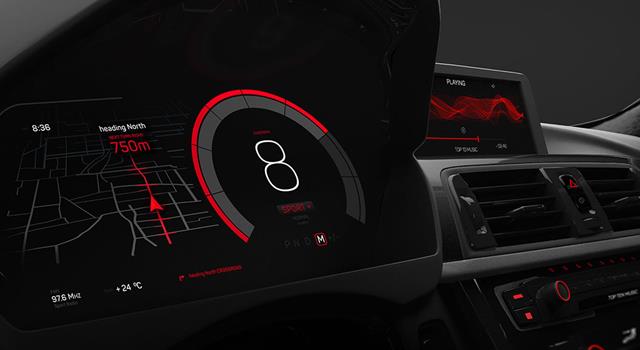In today's rapidly evolving technological landscape, the need for efficient power management solutions has become paramount. Among the many innovations in this field, DC-DC converters play a pivotal role in enabling various devices and systems to function optimally. From portable electronics to industrial applications, DC-DC converters have become indispensable components. In this article, we will delve into the intricacies of DC-DC converters, covering aspects such as their selection, functionality, types, and differences from AC-DC converters and voltage regulators.
Choosing the Right DC-DC Converter
Selecting the appropriate DC-DC converter is crucial to ensure the reliable and efficient operation of your electronic systems. Several factors need consideration:
- Input and Output Voltage: Determine the required input and output voltage levels. The converter should be capable of stepping up or stepping down the voltage as needed.
- Output Current Requirements: Calculate the maximum current the converter needs to handle. This is essential for preventing overloading and ensuring stable operation.
- Efficiency: A higher efficiency converter minimizes power loss and heat generation, leading to increased system reliability and longer device lifetimes.
- Topology: Different DC-DC converter topologies, such as buck, boost, buck-boost, and isolated converters, have varying efficiency and voltage regulation characteristics. Choose the topology that best suits your application's needs.
- Environmental Conditions: Consider the operating temperature range, as well as factors like humidity and vibration, which can impact the converter's performance.
- Size and Form Factor: Depending on the available space, choose a converter with a suitable size and form factor.
The Need for DC-DC Converters
DC-DC converters serve the purpose of converting one DC voltage level to another. This is crucial in scenarios where the input voltage does not match the required output voltage of a device. Some common reasons for needing DC-DC converters include:
- Battery-Powered Devices: Many devices operate on battery power, which can vary over time. DC-DC converters ensure a stable output voltage even as the battery voltage drops.
- Efficiency Optimization: In renewable energy systems and electric vehicles, DC-DC converters help optimize the efficiency of energy transfer between various components.
- Voltage Compatibility: Different components in a system may require different voltage levels. DC-DC converters bridge this voltage gap.
- Voltage Regulation: DC-DC converters assist in regulating the output voltage, maintaining it within a specified range despite input voltage fluctuations.
Difference Between AC-DC and DC-DC Converters
The primary distinction between AC-DC and DC-DC converters lies in the type of input they accept. AC-DC converters, also known as rectifiers, convert alternating current (AC) to direct current (DC). They are commonly used in power supplies that convert mains AC voltage to usable DC voltage. On the other hand, DC-DC converters transform one DC voltage level to another. This is crucial when adapting power between components or systems with varying voltage requirements.
Calculating DC-DC Converter Wattage
Calculating the required wattage for a DC-DC converter involves multiplying the desired output voltage by the maximum output current the converter needs to handle. The formula is simple: Wattage (W) = Voltage (V) × Current (A). Adding a safety margin to this formula is also a smart convention. A typical safety margin might be in the range of 10% to 20%, but it can vary depending on the specific circumstances. This calculation ensures that the converter is capable of delivering the required power without being overloaded.
Types of DC-DC Converters
There are various types of DC-DC converters, each with its own advantages and applications:
- Buck Converter: Also known as a step-down converter, it reduces the output voltage relative to the input voltage. It's efficient but only suited for voltage reduction.
- Boost Converter: This step-up converter increases the output voltage and is useful for applications like LED drivers and battery charging.
- Buck-Boost Converter: Capable of both stepping up and stepping down the voltage, making it versatile for a range of applications.
- Isolated Converter: Provides electrical isolation between input and output, vital in applications where safety and noise reduction are paramount.
- Flyback Converter: A type of isolated converter often used in low-power applications, such as small power supplies and battery charging.
Difference Between Voltage Regulators and DC-DC Converters
While both voltage regulators and DC-DC converters manage voltage levels, they differ in their mechanisms. Voltage regulators maintain a constant output voltage by dissipating excess energy as heat. They are simple but less efficient, especially when dealing with significant voltage differences. DC-DC converters, on the other hand, can step up or down voltage levels efficiently, making them suitable for applications with varying input/output requirements and higher efficiency demands.
Conclusion
DC-DC converters serve as the backbone of modern electronic systems, enabling seamless power adaptation and efficient energy management. The selection process involves careful consideration of factors like voltage requirements, current demands, efficiency, and environmental conditions. By understanding the distinctions between AC-DC converters, calculating wattage, and exploring various types of DC-DC converters, engineers and enthusiasts can make informed decisions to optimize the performance and reliability of their systems.
Bestaş, DC-DC Converter Manufacturer
In the dynamic world of DC-DC converters, Bestaş emerges as a distinguished player, characterized by its innovation, customization, and global impact. With a legacy built on technological excellence and a commitment to customer satisfaction, Bestaş stands as a beacon of quality in the realm of power conversion. As industries continue to embrace advanced power solutions, Bestaş remains a trusted partner, paving the way for efficient, sustainable, and tailored power conversion technologies.
